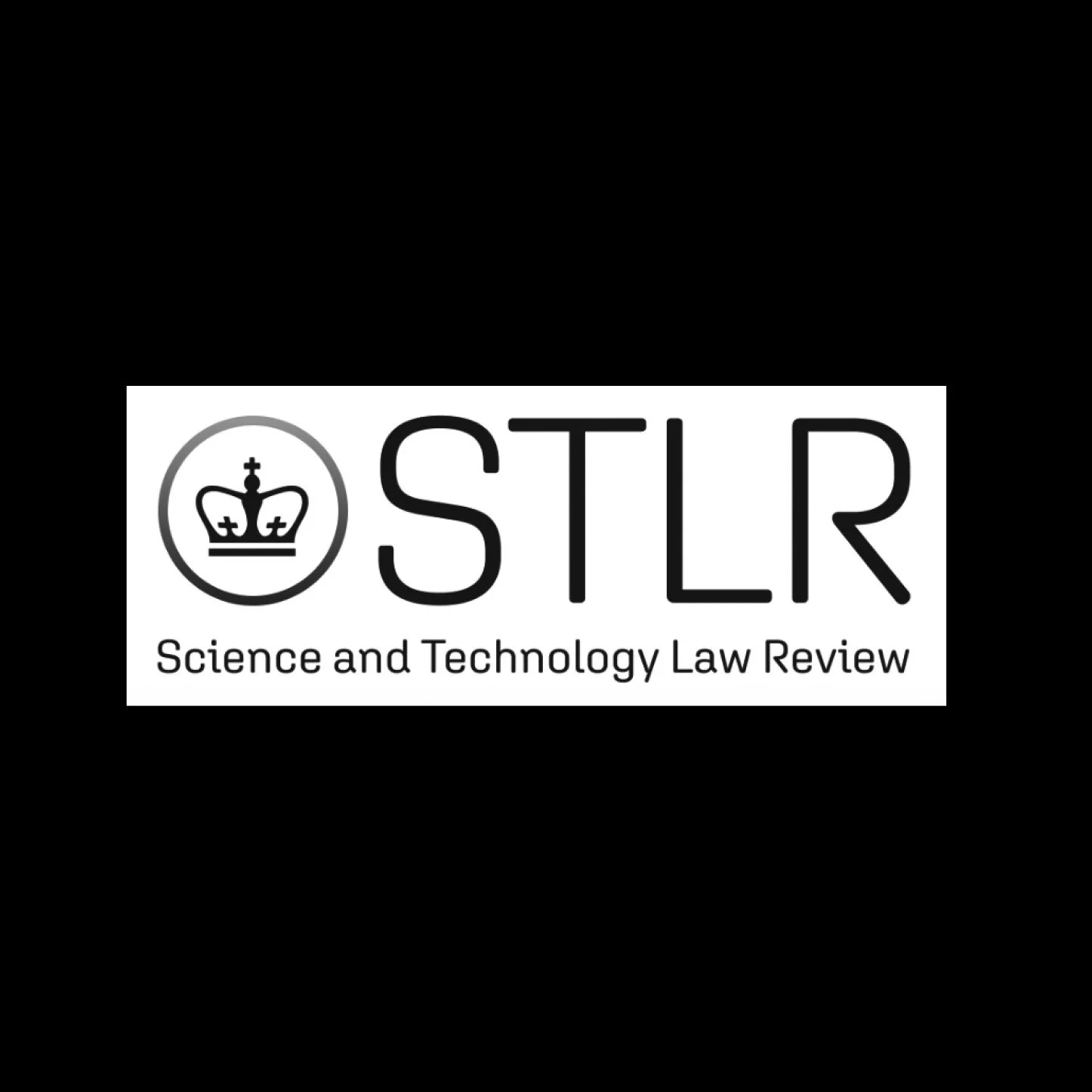JIL@GW Law students conduct ground-breaking research
By Kelli L. Ross
This summer, with the generous support of Microsoft and George Washington (GW) Law’s Equity Institute Initiative, 15 George Washington University law students conducted ground-breaking research as Research Assistants for JIL@GW.
“These student researchers are helping us lead the way on changing practices that result in unnecessary incarceration and incalculable costs for communities,” said Jared Fishman, Justice Innovation Lab (JIL) Executive Director. “I strongly believe their research will help reduce incarceration and racial disparities in outcomes across the US.”
The student researchers were divided into three groups to contribute ongoing research on: escalating sanctions, pretextual stops, and justice system mapping.
Escalating sanctions—where defendants receive increased penalties for multiple convictions—are a major source of racial inequality that is poorly understood, said GW Law Professor Don Braman, who oversaw the summer research projects.
“We know arrests are disproportionately focused on nonviolent offenses in Black communities,” he said. “And, we know that there are swift escalations in punishment for subsequent offenses in nearly every jurisdiction. But what few prosecutors know is how these two facts generate racial disparities in their practice. Even if they treat every defendant the same irrespective of race—just looking at the charge, the criminal history, and the facts of the case—they will end up punishing Black people more harshly than white people for engaging in identical behavior.”
A single researcher might spend years looking into the codes of every jurisdiction. In less than three months, the GW student researchers reviewed the criminal codes of 24 states, that represent well over half the U.S. population.
“JIL is the only organization working on this massive driver of racial disparities, and we expect this research to reduce thousands of years of unnecessary incarceration, particularly in Black communities,” Braman said.
“One of the biggest takeaways from my work this summer has been having a greater knowledge of how an unfair justice system continues to hurt vulnerable populations and how organizations like the Justice Innovation Lab are taking the necessary steps to combat it,” said Shelby Crahan, a second-year GW law student.
With assistance from the student researchers, JIL began the first empirical analysis of pretextual stop reform in the country.
“Pretextual stops are a failure in just about every way,” Braman said. “First, they do nothing to enhance public safety. They divert precious police and prosecutorial resources from investigating and prosecuting more serious offenses, so there is every reason to believe they are a serious threat to public safety. And, because police tend to direct pretextual stops disproportionately at Black drivers, they are one of the major drivers of racial disparities in the criminal legal system. At the same time, prosecutors are generally unaware that they can do something about it.”
To gain a sense of the size of the problem and the nuances of the current debate, a robust understanding of how pretextual stops work across the country and what people are saying about them was needed.
“No one has assembled the empirical research into what works for prosecutors, and so they are left groping around in the policy dark,” Braman said. “We knew that had to change, but reviewing thousands of studies to see what, if anything, was directed at prosecutors, is a massive task. It is like trying to find a few extremely valuable needles in a massive haystack of academic articles.”
So, student researchers started reviewing prior academic work and news stories on pretextual stops, and then summarized them in a way to help prosecutors change their practice based on evidence.
“There is so much more research that can be done to enact effective criminal justice reform,” said Gregory Orlando, a second-year GW law student. “More randomized control trials and studies of new and old programs could help us understand what works and what doesn't.”
Braman explained that the findings from this summer’s research were both humbling and inspiring. While there is little high-quality empirical research on how prosecutors can do a better job, there is research underway and the student researchers are leading the way.
“Prosecutors hold all of the agency in the justice system because they determine which cases get filed, when to push for enhanced sentencing, what to offer in plea deals, and so much more,” said Julianne Saunders, a second-year GW Law student. “I want to take what I have learned this summer and fight for change in this country through my work. Since prosecutors control so much of the system, they must play an active role in changing it, and I want to be part of that!”



